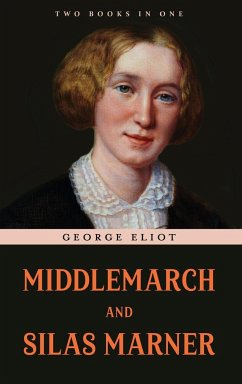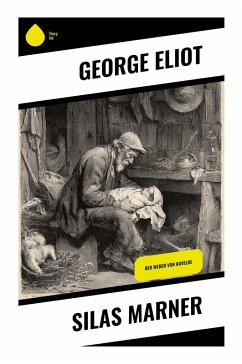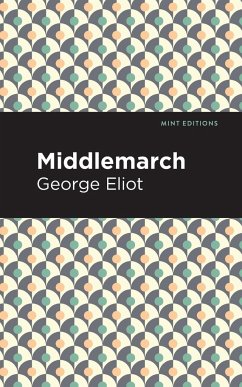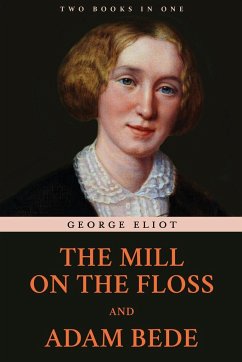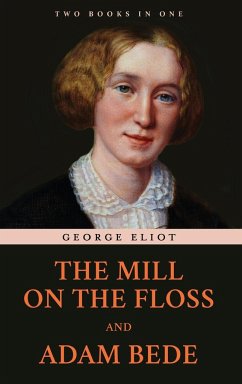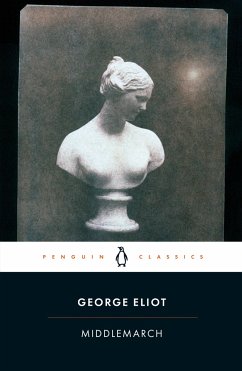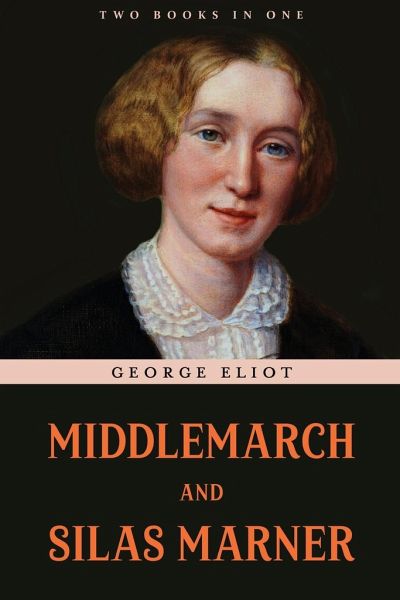
Middlemarch and Silas Marner

PAYBACK Punkte
15 °P sammeln!
Two notable books from one of the Victorian era's most celebrated feminist novelists Middlemarch, Eliot's most famous work, is a towering work of Victorian literature. This novel offers a panoramic view of English society through the intricate lives of its characters. Set in Middlemarch, a fictional English Midlands town, it follows distinct, intersecting stories with many characters. Issues include the status of women, the nature of marriage, idealism, self-interest, religion, hypocrisy, political reform, and education. Navigates through intricate moral challenges, personal ambitions, and the...
Two notable books from one of the Victorian era's most celebrated feminist novelists Middlemarch, Eliot's most famous work, is a towering work of Victorian literature. This novel offers a panoramic view of English society through the intricate lives of its characters. Set in Middlemarch, a fictional English Midlands town, it follows distinct, intersecting stories with many characters. Issues include the status of women, the nature of marriage, idealism, self-interest, religion, hypocrisy, political reform, and education. Navigates through intricate moral challenges, personal ambitions, and the clash between individual desires and societal norms. Remains a compelling read, offering valuable insights into the human condition and societal dynamics. Silas Marner: The Weaver of Raveloe is the third novel by George Eliot. It is set in the early years of the 19th century. Silas Marner, a weaver, is a member of a small Calvinist congregation in Lantern Yard, a slum street in an unnamed city in Northern England. He is falsely accused of stealing the congregation's funds while watching over the very ill deacon. Two clues are given against Silas: a pocket-knife and the discovery in his own house of the bag formerly containing the money. But there is the strong suggestion that Silas' best friend, William Dane, has framed him.



